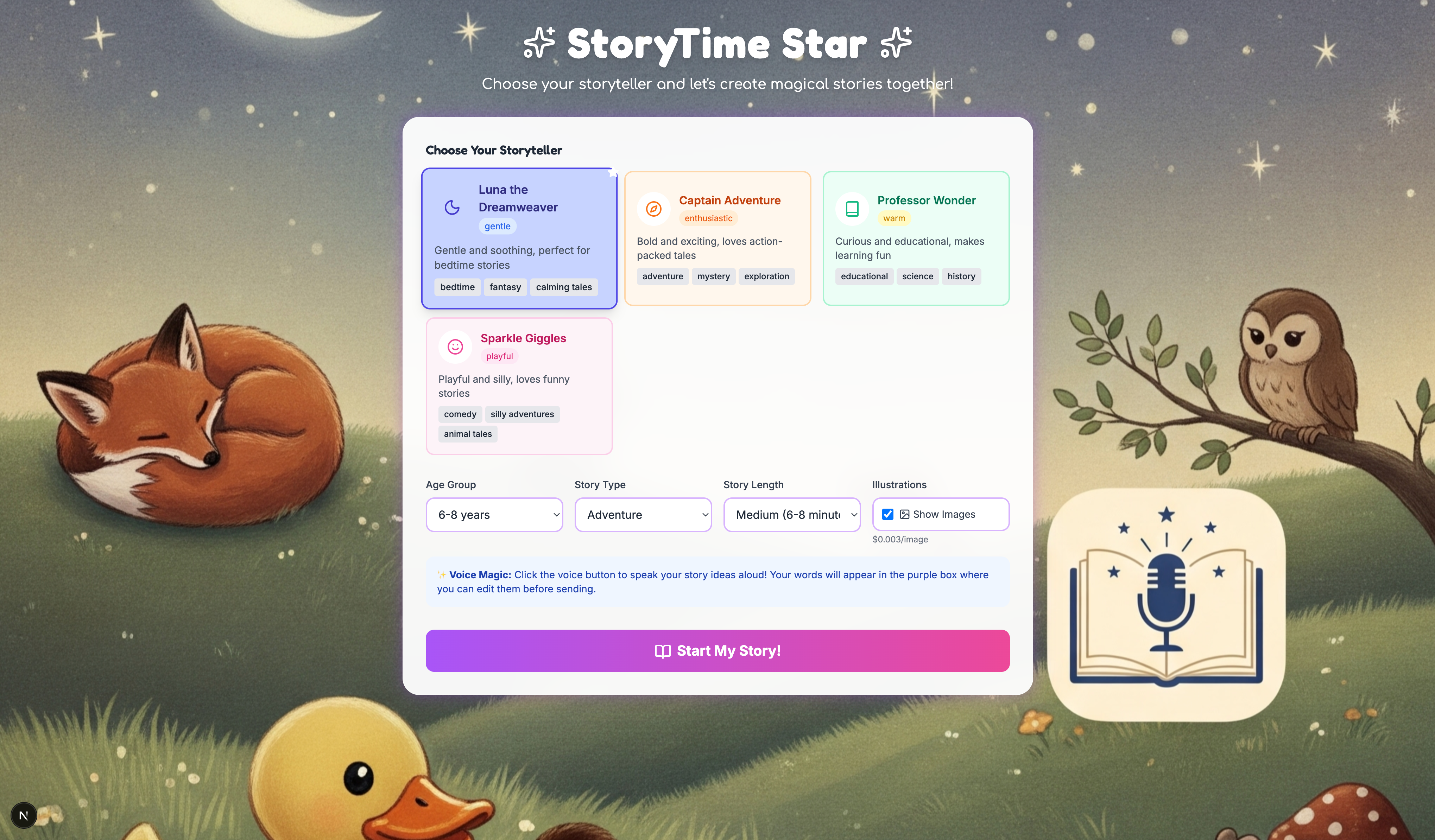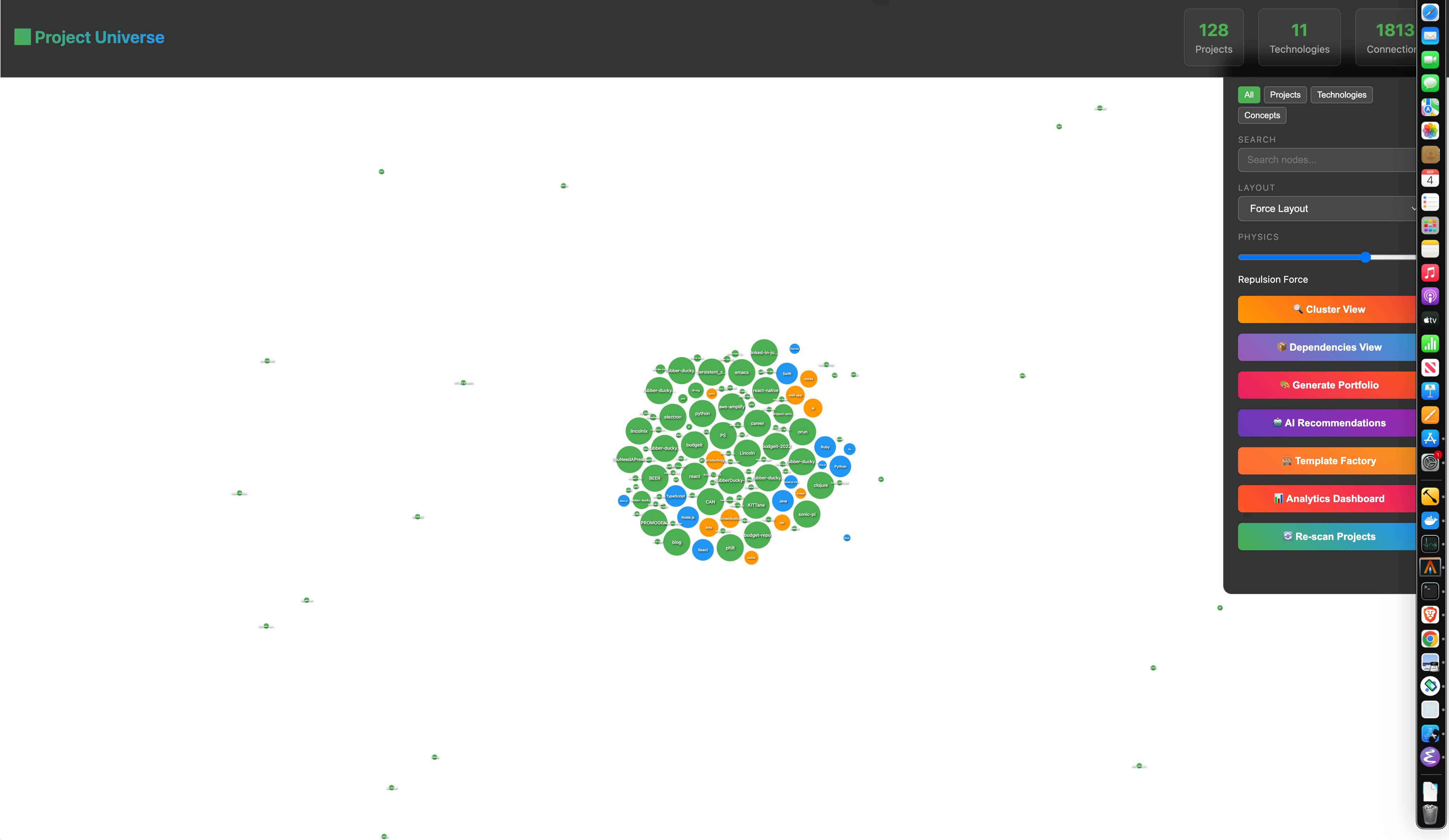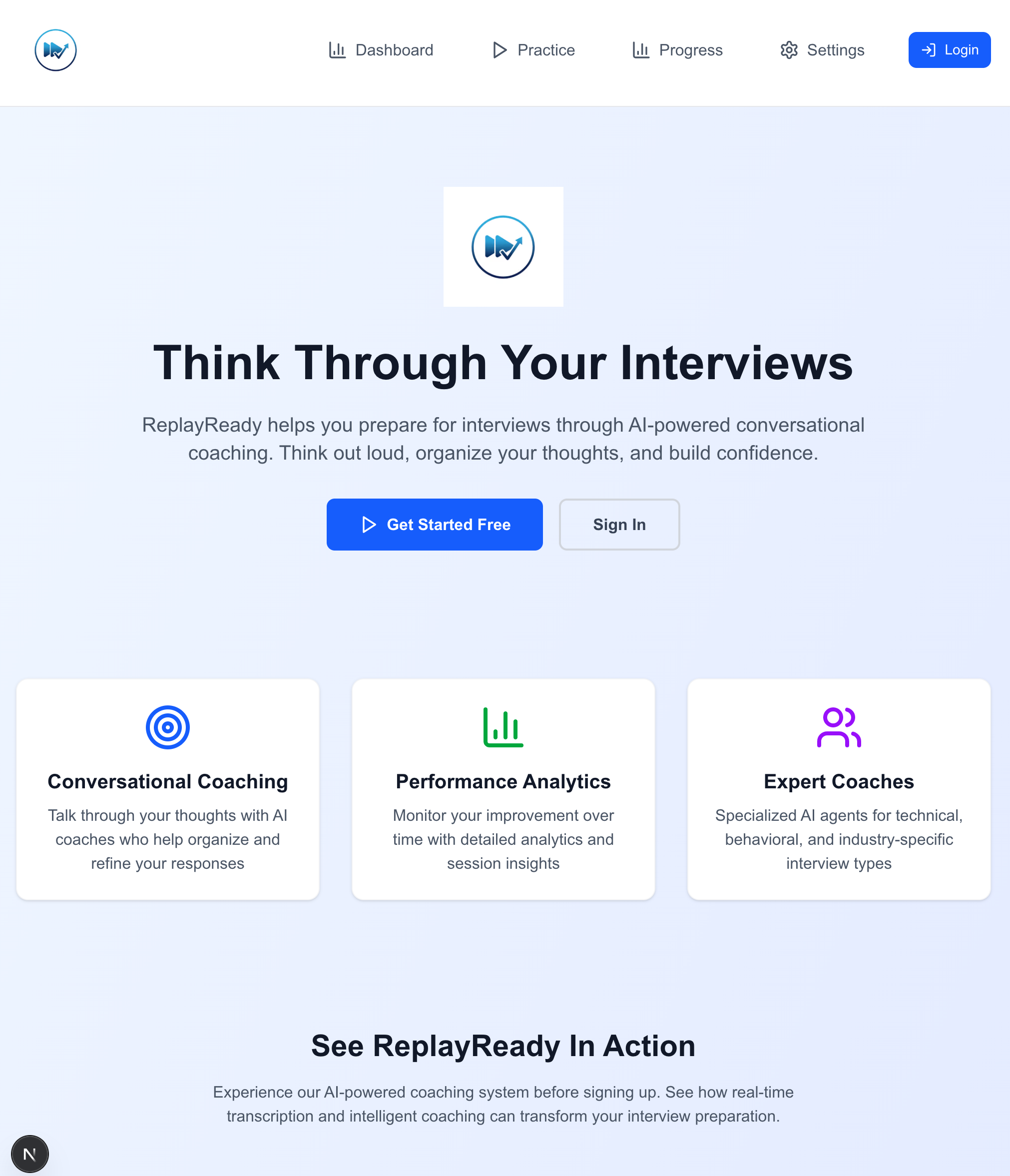AI Development Research
Investigating LLM agentic AI capabilities and limitations across 126+ experimental implementations • 8.2/10 research rigor • 20+ technology stacks under study

Research Areas
We investigate LLM agentic AI systems through systematic experimentation, documenting both capabilities and limitations with transparent methodology.
Voice-AI Problem Solving
Investigating whether conversational AI interfaces improve human-AI problem-solving effectiveness across 126+ experimental implementations. Current success rate: 77% viable patterns identified.
Agentic Task Specialization
Studying AI agent effectiveness across specialized domains using 42% JavaScript, 38% TypeScript implementations. Key finding: improving performance with task-specific training.
Multi-Agent Coordination
Researching coordination patterns with 12% experimental expansion quarterly. Current limitation: coordination degrades after 4+ agents. Research rigor: 8.2/10 across 20+ technology contexts.
Research Methodology
Our systematic approach to investigating AI agent effectiveness, documenting both successful patterns and failure modes with reproducible experimental design.
Experimental Design
Using controlled experiments to test hypotheses about AI agent capabilities. Each implementation includes success metrics, failure documentation, and reproducible methodology for peer validation.
Systematic Evaluation
Analyzing performance across 17+ specialized agent types including task-specific reviewers and domain experts. Measuring effectiveness boundaries, coordination patterns, and scalability limitations through rigorous testing.
Transparent Documentation
Publishing complete methodology, raw results, and limitation analysis. All experiments include replication instructions, negative results documentation, and honest capability boundary assessment.
Research Data Collection
Systematic analysis across 126+ experimental implementations with 8.2/10 research rigor score and comprehensive methodology documentation.
- Continuous experimental monitoring
- Real-time performance tracking
- Limitation boundary identification
Experimental Validation
Achieving 77% viable pattern identification across 147M+ lines of research corpus with systematic success/failure documentation.
- Comprehensive limitation analysis
- Automated pattern recognition
- Reproducible result verification
Cross-Platform Research
Multi-technology investigation across 42% JavaScript, 38% TypeScript implementations with improving experimental rigor.
- Technology-agnostic pattern analysis
- Continuous improvement processes
- Strategic architecture evolution
Active Experiments
Current research implementations investigating AI agent capabilities and limitations

StoryTimeStar Experiment
Hypothesis: AI can generate age-appropriate narratives. Finding: Voice-enabled storytelling effective for engagement, but content filtering requires human oversight. Limitation: Consistency challenges across longer narratives.

Project Universe Experiment
Hypothesis: AI can identify development patterns across codebases. Finding: Pattern recognition effective at 77% accuracy. Limitation: Context switching fails between different architectural styles.

ReplayReady Experiment
Hypothesis: AI can provide effective interview coaching. Finding: Question generation and feedback patterns show promise. Limitation: Difficulty assessing non-verbal communication and cultural context.
These are experimental implementations for research purposes. Each includes documented hypotheses, measured results, and identified limitations. Success rates and failure modes are transparently reported.
Research Findings
Documented capabilities and limitations across 17+ specialized AI agent implementations
Development & Engineering
Effective: Code review, syntax checking, documentation generation
Limited: Complex architectural decisions, debugging non-deterministic issues
Business & Professional
Effective: Structured interview preparation, meeting facilitation
Limited: Cultural context awareness, nuanced business strategy
Content & Communication
Effective: Content structuring, summarization, creative ideation
Limited: Brand voice consistency, cultural sensitivity, original research
Specialized Services
Effective: Domain-specific factual information, structured workflows
Limited: Humor timing, contextual expertise, real-world application
Live Portfolio Metrics
Real-time insights from our active development portfolio
Loading portfolio statistics...
Loading technology distribution...
Loading health metrics...
Loading quality analysis...
Loading trend analysis...
Data Transparency
All metrics shown are aggregated from our active development portfolio. No individual project details or sensitive information is exposed. Data source: Static data
Research Community
Join our open research initiative exploring AI agent capabilities and limitations. Collaborate with researchers and contribute to transparent AI development.
Research Collaboration
Interested in AI development research? We welcome academic partnerships, peer review contributions, and collaborative experiments investigating LLM agent effectiveness.
Research Contact: anderson@sonander.dev
Publications: Research Portfolio
Open Data: Methodology and experimental results available for peer review
Replication: All experiments include reproduction instructions